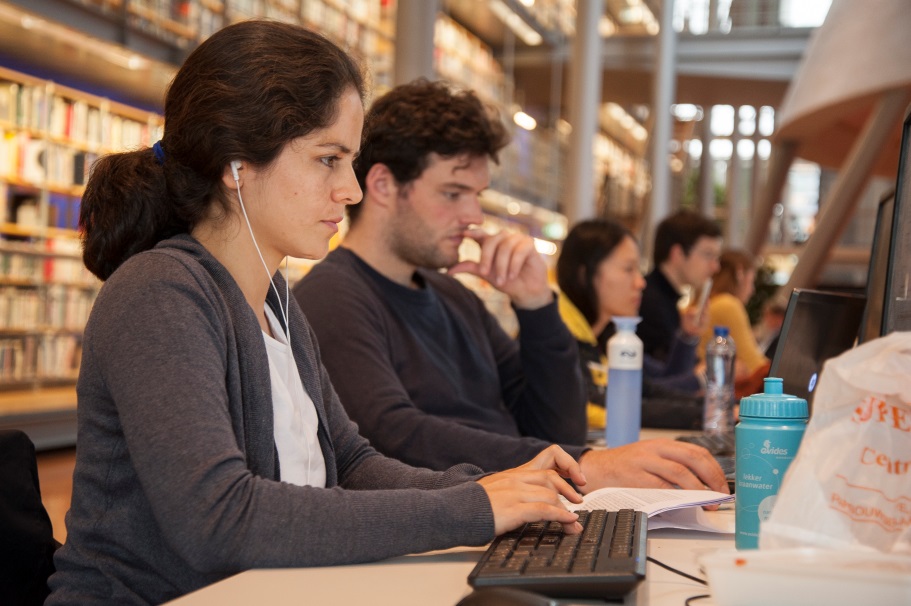Dutch universities strive for open access publication of their research. Increasing numbers of universities and lecturers around the world also want open education, the free sharing of educational resources, primarily online. About 300 researchers, lecturers, policy makers and students from more than 50 countries will gather at TU Delft, one of the leading institutions in this field, from 24 to 26 April to share experiences, research and new challenges during the Open Education Global Conference. The theme of the conference is ‘Transforming education through open approaches’. It is the third time since its foundation more than a decade ago that the OE Global is being hosted in Europe.
Better use of open resources
'Open’ is understood to mean that everyone may adapt, use and reuse the material, provided that certain conditions are adhered to. The aim is to enable as many people as possible to gain access to good educational material. Recently, the focus has not only been on looking at the best way to share resources, but also on the question of how to assess the quality, how to make best use of the available resources and how they can be adapted and used free of charge or cheaply to develop better educational resources or more effective education.
Better education
“There are many reasons why universities want to pursue open education,” says Rob Mudde, Vice-Rector and Vice-President of the Executive Board of TU Delft. “It has always been driven by idealism: everyone should have access to high-quality educational resources. But it also helps to improve education, because lecturers who choose to share their material in this way will always appraise it critically themselves and then receive feedback from the whole world. They also recognise that it enhances their own network and the reputation of TU Delft. These were among the reasons why TU Delft started sharing course materials (lecture notes, books, previous tests and video recordings) over a decade ago for a number of courses in the form of OpenCourseWare. Today, the educational resources of more than 200 courses are open and online, totalling 10 per cent of TU Delft courses. About 1.5 million people visited the TU Delft OpenCourseWare web pages, mostly for their own use. The material for the free online courses (MOOCs) is also open.”
Keynote speakers
The main speakers of OE Global are Frank Zimmer from Kiron Open Higher Education on the digital future of universities, Erin McKiernan from the National Autonomous University of Mexico on the interface between open education and research, and Annemies Broekgaarden on innovative digital education in the Rijksmuseum. Peter Smith from the University of Maryland University College will close the conference by exploring the implications that open educational resources will have on higher education in the future.
Textbooks
One of the subjects during the conference is ‘open textbooks’. By publishing course material online, everyone, irrespective of their location, can use, adapt and supplement the material to meet local needs. But the author or lecturer can also adapt or supplement the material at all times, so that it is kept up to date without having to wait until a new edition is published. A number of lecturers use open textbooks for the purpose of motivational teaching, in which students supplement the textbook as a learning activity.
More information
About OE Global.
About TU Delft Open CourseWare.
About the MOOCs and other TU Delft online education.

